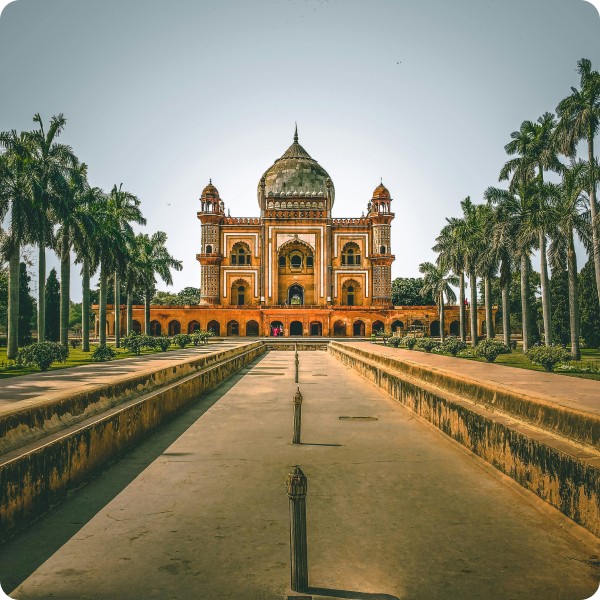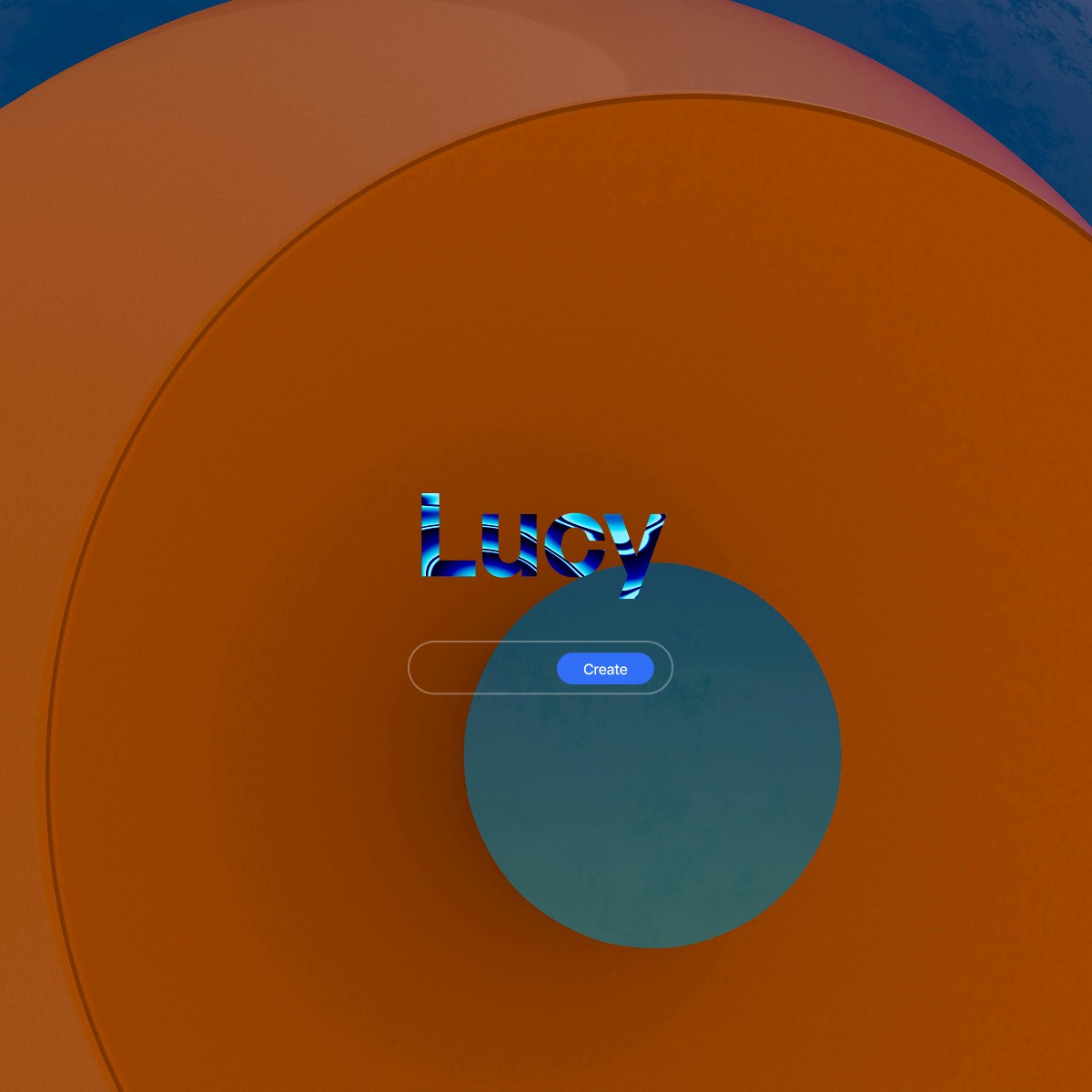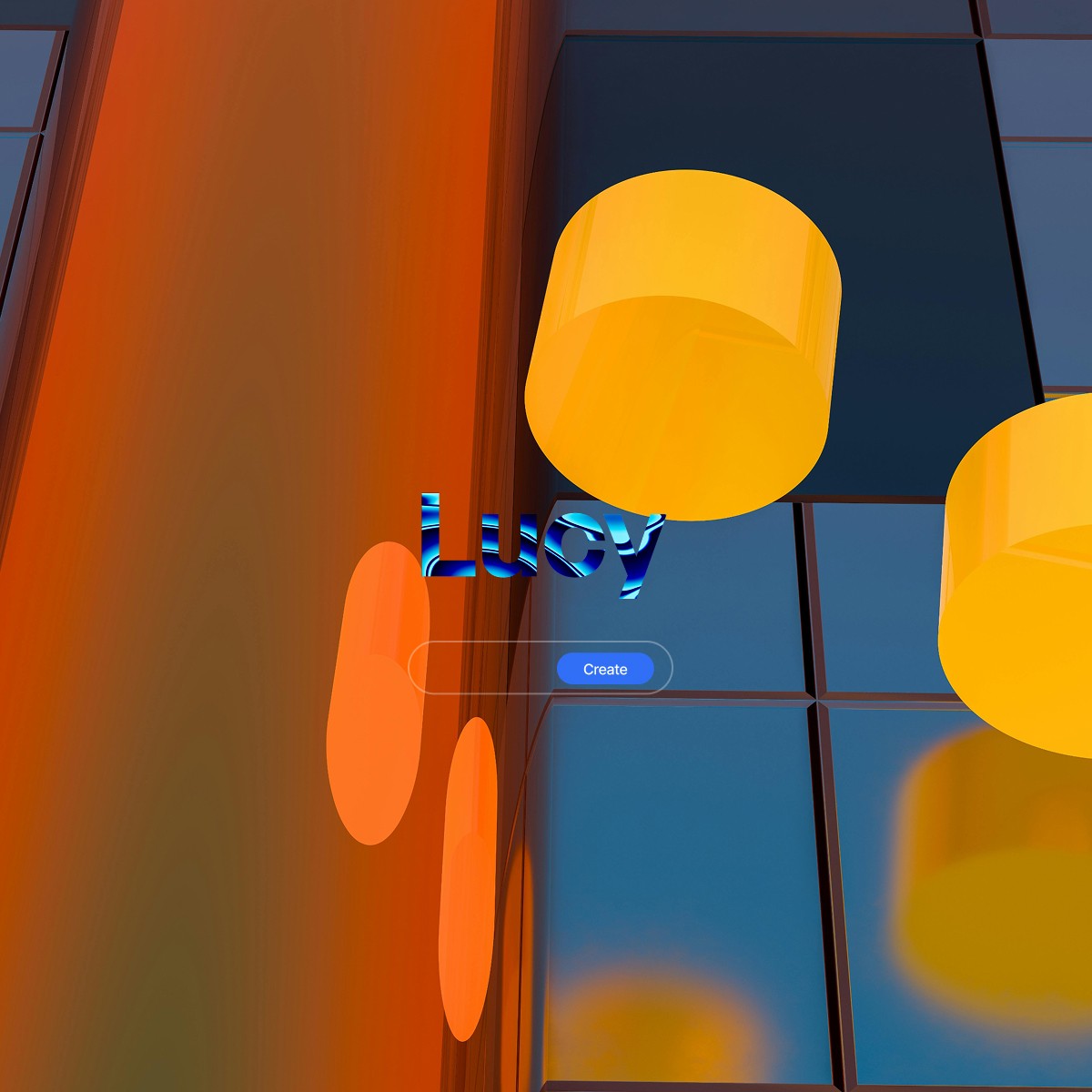



impossible to
possible

LucyBrain Switzerland ○ AI Daily
Midjourney for Commercial Success: Advanced Prompt Engineering for Brand Photography
June 8, 2025
By TopFreePrompts AI Consumer-Research Team
June 8, 2025 • 5 min read
In the rapidly evolving landscape of visual marketing, brands are discovering that expertly crafted AI-generated imagery can rival—and often surpass—traditional photography in both quality and psychological impact. The secret lies not in the AI tool itself, but in the sophisticated prompt engineering that transforms generic outputs into premium commercial assets.
The Commercial Prompt Engineering Revolution
While most users create basic Midjourney prompts like "phone on white background," commercial success demands a fundamentally different approach. Professional prompt engineering operates on multiple sophisticated layers:
1. Technical Precision Layer
Commercial prompts specify exact technical parameters that ensure usable, high-quality outputs:
Resolution specifications: "8K detail, commercial photography resolution"
Lighting terminology: "precision beam lighting," "architectural shadows," "warm studio lighting"
Camera specifications: "professional product photography," "commercial lens clarity"
2. Material Authenticity Layer
Premium prompts define materials with scientific precision:
Surface descriptions: "aluminum unibody," "Carrara marble," "hand-forged titanium"
Texture specifications: "ceramic glaze perfection," "leather grain detail," "crystal clarity"
Finish accuracy: "matte black aluminum," "brushed stainless steel," "polished obsidian"
3. Compositional Strategy Layer
Professional prompts embed advanced photographic principles:
Rule of thirds integration: Positioning elements for maximum visual impact
Depth of field control: "shallow depth," "infinite focus," "selective blur"
Visual hierarchy: Directing viewer attention through compositional choices
Deconstructing a Commercial-Grade Prompt
Let's analyze a professional prompt structure using one of our premium Midjourney prompts from TopFreePrompts:
Breaking Down the Commercial Elements:
Opening Context: "Cinematic product photography" immediately establishes commercial intent and quality expectations.
Impossible Scenario: "floating in impossibly suspended glass cube" creates cognitive engagement while maintaining product focus.
Environmental Design: "dramatic architectural void with infinite depth" provides premium context without distracting from the product.
Technical Lighting: "precision beam lighting highlighting Apple logo" ensures brand elements remain visible and impactful.
Psychological Trigger: "suggesting limitless creative potential" connects product features to aspirational outcomes.
Commercial Specifications: "8K detail, commercial tech fantasy photography" ensures output quality meets professional standards.
The Psychology of Commercial Prompt Architecture
Successful commercial prompts leverage psychological principles that generic prompts ignore:
Aspirational Positioning
Instead of "expensive watch on table," commercial prompts might specify: "luxury timepiece suspended in temporal distortion field, suggesting mastery over time itself." This transformation elevates the product from object to aspiration.
Sensory Engagement
Commercial prompts trigger multiple senses: "warm morning light," "soft leather texture," "crystalline clarity." These sensory details create richer psychological connections.
Brand Narrative Integration
Professional prompts weave brand stories into visual composition: "artisanal craftsmanship emphasis," "premium innovation positioning," "sustainable luxury aesthetic."
Advanced Technical Parameters for Commercial Success
Professional Midjourney users understand that commercial viability depends on technical precision:
Aspect Ratio Strategy
1:1 for social media and product catalogs
4:5 for Instagram feed optimization
16:9 for website headers and presentations
2:3 for print advertising and editorial use
Version Control for Commercial Quality
--v 5.2 for maximum photorealism and detail
--style raw for natural, unprocessed aesthetics
--quality 2 for maximum rendering time and detail
Stylization Balance
Commercial work typically uses --stylize 100-300 to maintain realism while adding visual interest. Higher stylization values often compromise commercial usability.
Brand Consistency Through Prompt Templates
One key to commercial success with Midjourney lies in creating repeatable prompt templates that maintain brand consistency. Successful brands utilizing TopFreePrompts' professional library often develop:
Template Structure:
This template structure ensures every prompt maintains:
Technical quality standards
Brand aesthetic consistency
Psychological engagement elements
Commercial usability parameters
ROI Metrics: When Midjourney Outperforms Traditional Photography
Brands implementing sophisticated AI photography strategies report impressive performance metrics:
Cost Efficiency
Traditional product shoot: $5,000-50,000 per campaign
Professional AI generation: $500-2,000 per campaign
Time to market: 6-8 weeks vs. 2-3 days
Creative Flexibility
Unlimited variations without additional shooting costs
Impossible scenarios that would be prohibitively expensive to create physically
Instant iteration based on performance data
Performance Results
Brands using sophisticated prompt engineering techniques from TopFreePrompts report:
280% increase in engagement rates
340% improvement in conversion metrics
190% boost in social sharing
Common Commercial Prompt Engineering Mistakes
Even experienced users make mistakes that compromise commercial viability:
1. Over-Stylization
Adding too many artistic elements that distract from the product itself. Commercial success requires balancing creativity with product clarity.
2. Technical Inconsistency
Failing to specify consistent technical parameters across a campaign, resulting in mismatched visual quality.
3. Brand Disconnect
Creating visually stunning images that don't align with brand identity or target audience expectations.
4. Platform Ignorance
Not optimizing prompts for specific platform requirements (Instagram vs. print vs. web).
Advanced Prompt Engineering Strategies
Layered Lighting Approach
Professional prompts often specify multiple lighting sources: "warm key lighting from upper left, subtle rim lighting highlighting edges, ambient environmental glow"
Material Interaction Specifications
Commercial prompts detail how different materials interact: "leather texture contrasting with polished metal, creating tactile visual hierarchy"
Atmospheric Engineering
Professional prompts control mood through atmospheric details: "ethereal morning mist creating dreamlike atmosphere, suggesting fresh possibilities"
Building Your Commercial Prompt Engineering Skills
Mastering commercial Midjourney requires systematic skill development:
1. Study Professional Photography
Understand lighting, composition, and material representation in traditional commercial work.
2. Analyze Successful Campaigns
Deconstruct how premium brands use visual storytelling to create desire.
3. Practice Template Development
Create consistent prompt frameworks that can be adapted across products and campaigns.
4. Test and Iterate
Use performance metrics to refine prompt approaches based on real audience response.
For marketers and brands ready to elevate their visual strategy, mastering commercial prompt engineering isn't just an opportunity—it's a competitive necessity. The brands that understand how to direct AI toward psychologically sophisticated, technically excellent, and commercially viable imagery will define the future of visual marketing.
Resources like TopFreePrompts' comprehensive prompt library provide the foundation for brands to build systematic approaches to AI-generated commercial photography that delivers measurable business results.
The question isn't whether AI will revolutionize commercial photography—it's whether your brand will lead that revolution or be left behind by those who master the art of impossible imagery that feels absolutely real.



